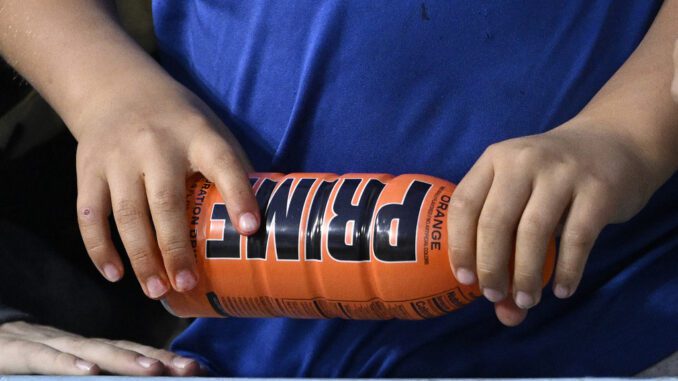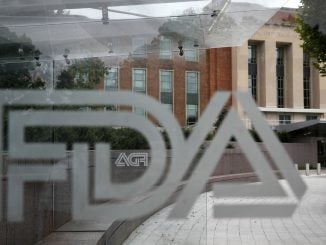
NEW YORK — An influencer-backed energy drink that has earned viral popularity among children is facing scrutiny from lawmakers and health experts over its potentially dangerous levels of caffeine.
On Sunday, Sen. Charles Schumer called on the Food and Drug Administration to investigate PRIME, a beverage brand founded by the YouTube stars Logan Paul and KSI that has become something of an obsession among the influencers’ legions of young followers.
“One of the summer’s hottest status symbols for kids is not an outfit, or a toy—it’s a beverage,” said Schumer, a Democrat from New York. “But buyer and parents beware because it’s a serious health concern for the kids it so feverishly targets.”
Backed by two of YouTube’s best known stars, PRIME was an immediate sensation when it launched last year, prompting long lines in grocery stores and reports of school yard resale markets.
Advertising itself as zero sugar and vegan, the neon-colored cans are among a growing number of energy drinks with elevated levels of caffeine; in PRIME’s case, 200 milligrams per 12 ounces, equivalent to about half a dozen Coke cans or nearly two Red Bulls.
That high content prompted bans from some schools in the United Kingdom and Australia where some pediatricians warned of possible health impacts on young children such as heart problems, anxiety, and digestive issues.
Company representatives, meanwhile, have defended the product as clearly labeled “not recommended for children under 18.” They sell a separate sports drink, known as PRIME Hydration, which contains no caffeine at all. Representatives for PRIME did not immediately return a request for comment.
But in his letter to the FDA, Schumer claimed there was little noticeable difference in the online marketing of the two drinks – leading many parents to believe they were purchasing a juice for their kids, only to wind up with a “cauldron of caffeine.”
“A simple search on social media for Prime will generate an eye-popping amount of sponsored content, which is advertising,” he wrote. “This content and the claims made should be investigated, along with the ingredients and the caffeine content in the Prime energy drink.”


